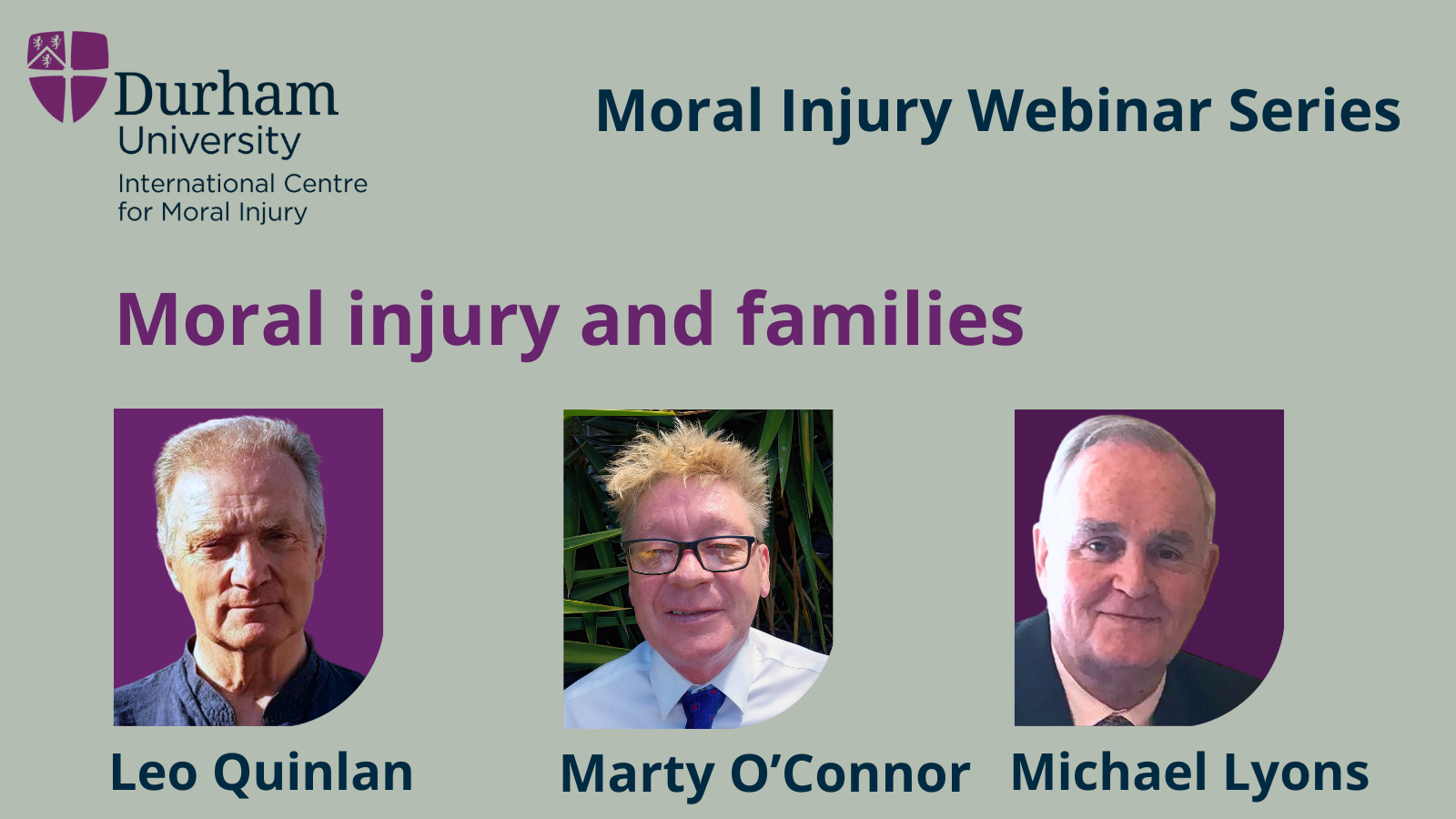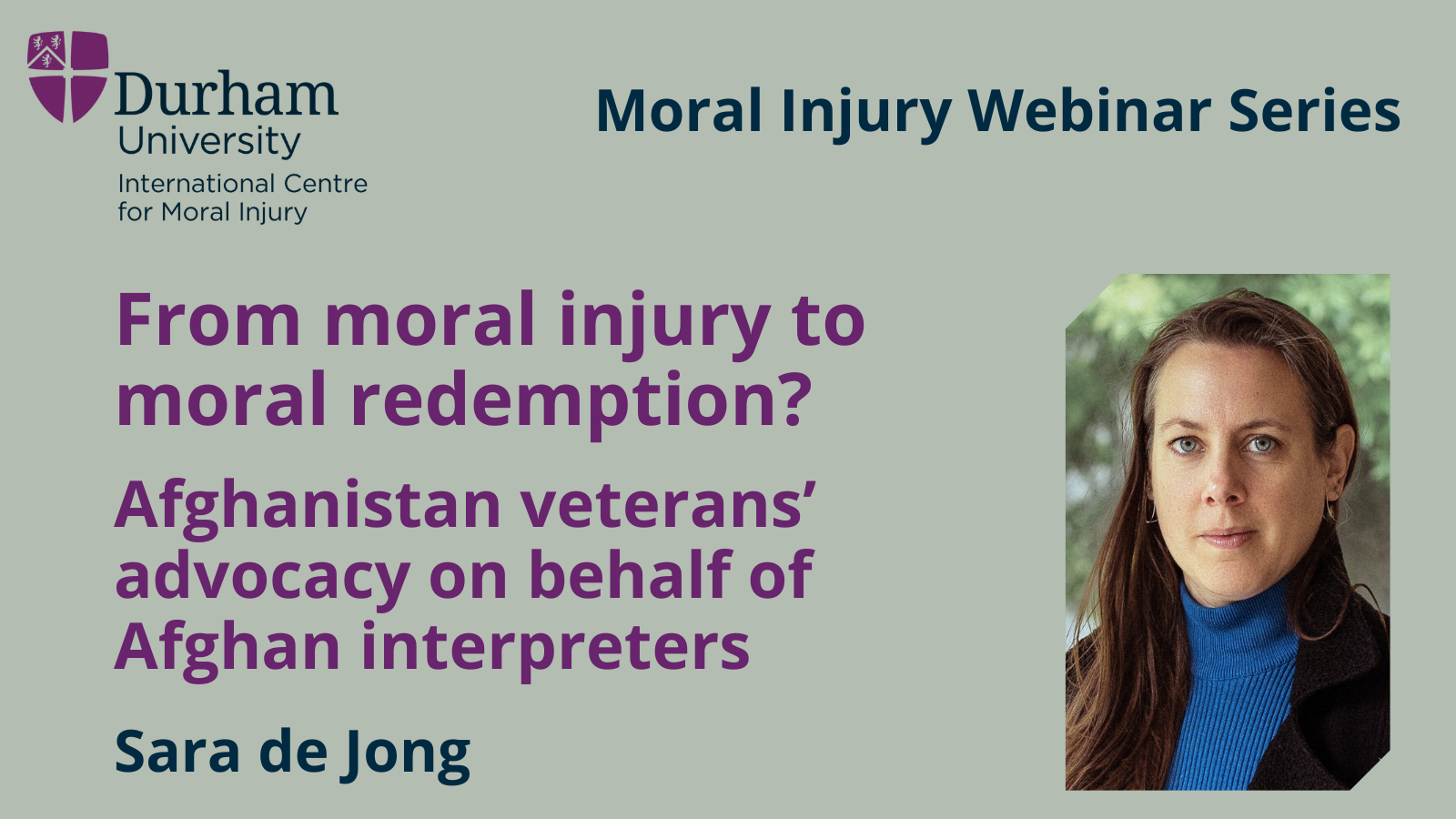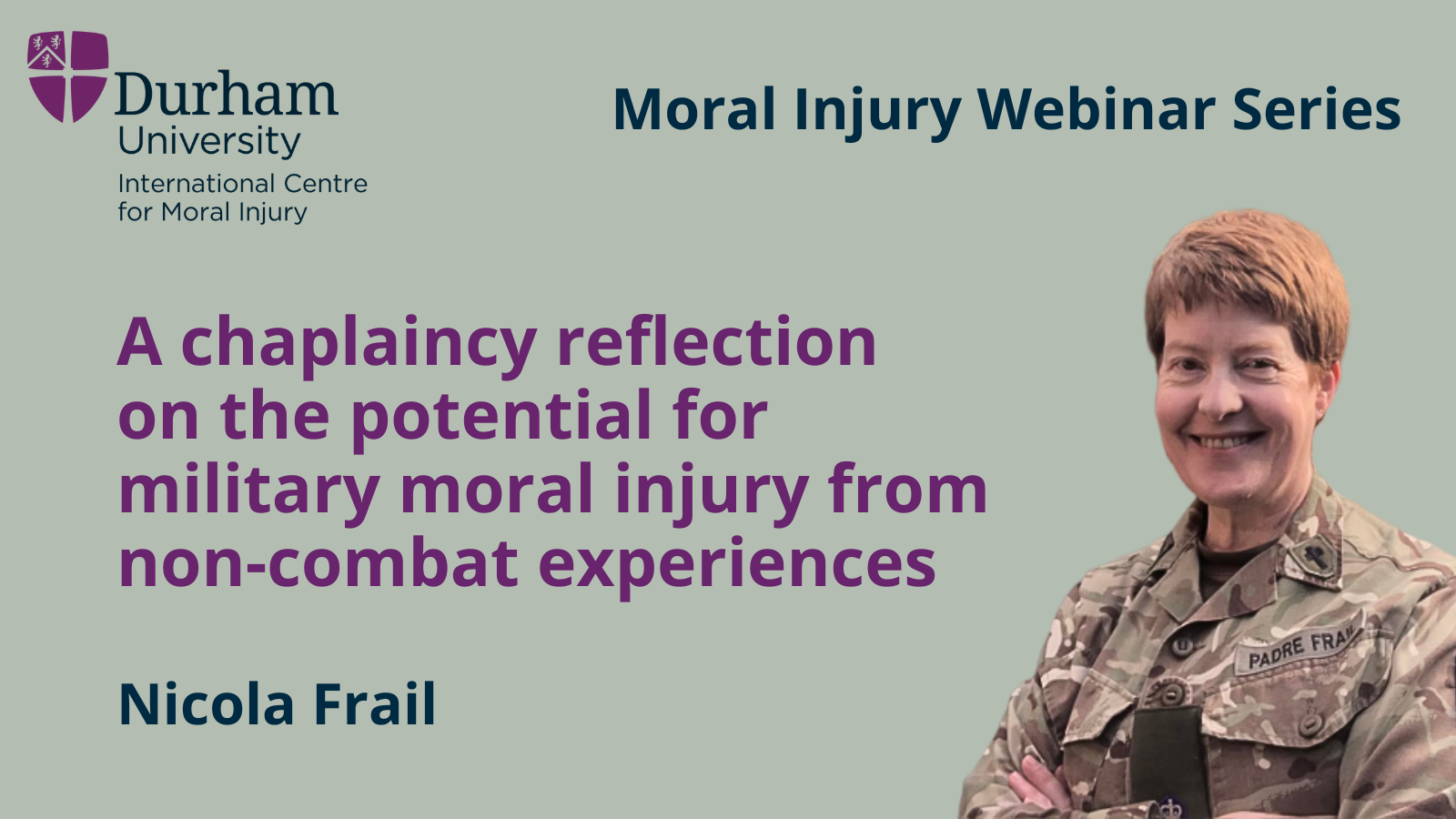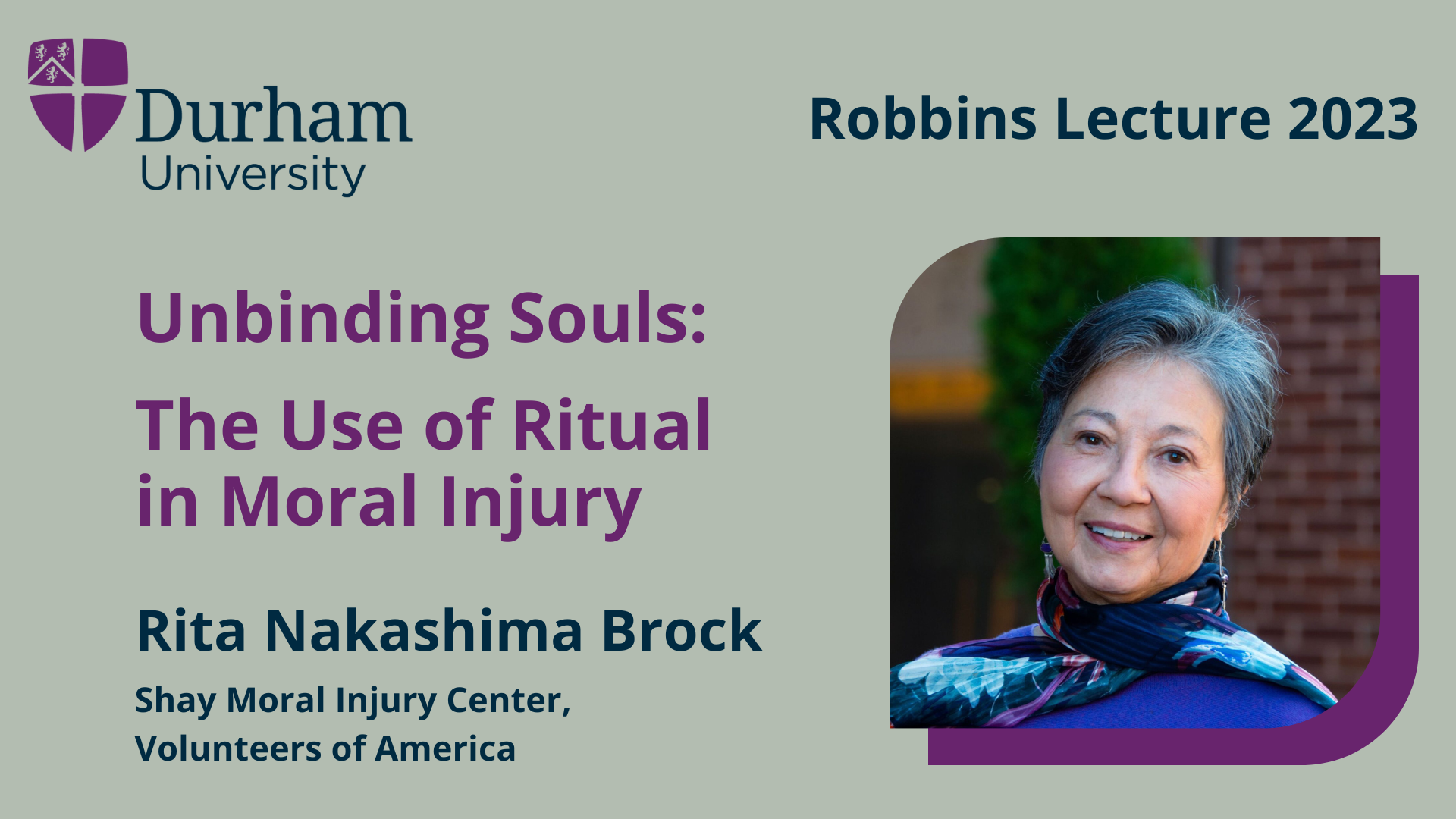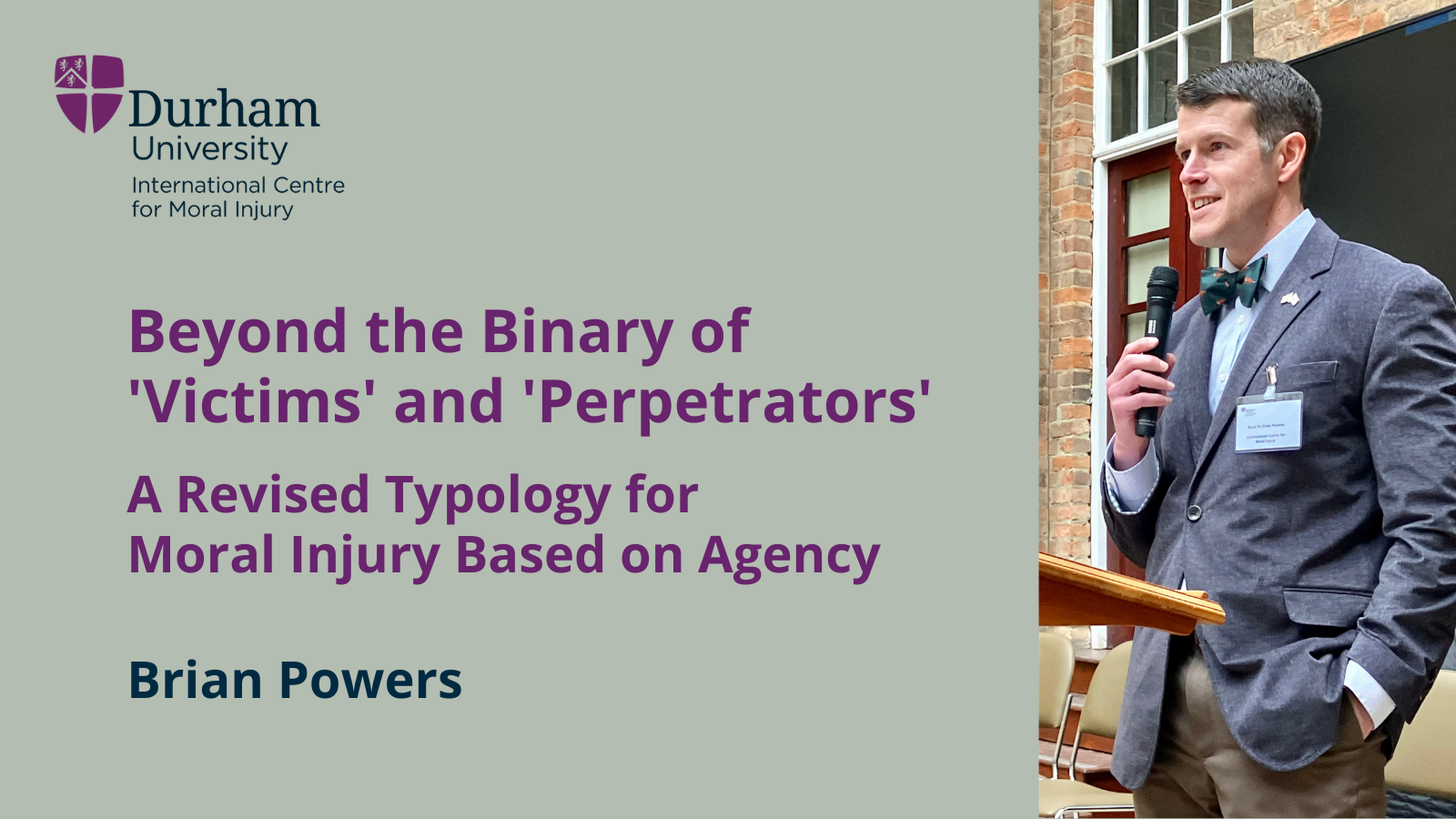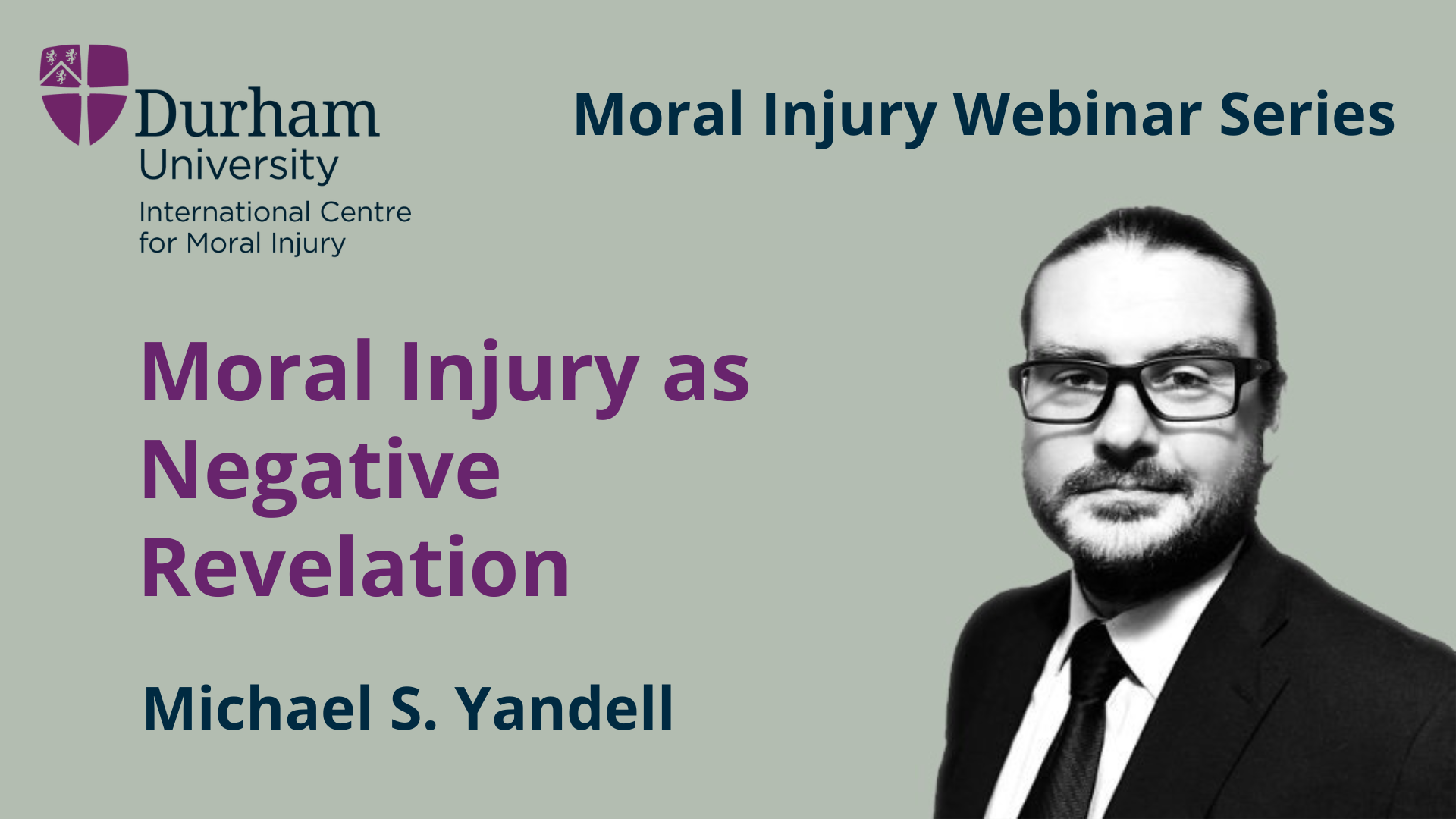Military Moral Injury: General Resources
Videos
Books
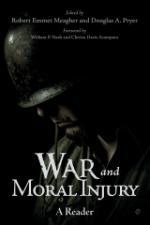 Robert Emmet Meagher and Douglas Pryer, War and Moral Injury: A Reader
Robert Emmet Meagher and Douglas Pryer, War and Moral Injury: A Reader
A great primer for understanding Moral Injury, this anthology contains sections and chapters from veterans, war poets, researchers, clinicians and chaplains. Through these varied means of description and expression, it is able to illuminate several different facets of Moral Injury.
Jonathan Shay, Achilles in Vietnam: Combat Trauma and the Undoing of Character
Credited with bringing the term ‘Moral Injury’ into modern discourse in this book, US VA Psychiatrist Jonathan Shay reaches back to Homer’s Iliad to draw parallels between the tragic elements of war understood by the Greeks and the disfiguring of character that many US veterans of the Vietnam war experienced.
Jonathan Shay, Odysseus in America: Combat Trauma and the Trials of Homecoming
In his second (and perhaps most poignant) volume, Shay returns to Homer and the language of Ulysses’ return in the Odyssey to highlight the profound difficulties that veterans face in adjusting to life in the civilian world.
Peter Lee, Reaper Force: Inside Britain’s Drone Wars
An in-depth look at the experiences of drone operators in the UK military during the conflicts in Iraq and Afghanistan. It largely lifts up the accounts of the numerous ethically challenging situations they regularly faced, the complexities of agency within those situations and the significant moral toll it takes on them.
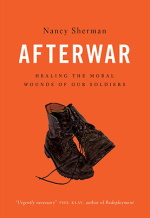 Nancy Sherman, Afterwar: Healing the Moral Wounds of Our Soldiers
Nancy Sherman, Afterwar: Healing the Moral Wounds of Our Soldiers
A philosophical engagement with the narratives of several returning US veterans of the wars in Iraq and Afghanistan that reflects on their accounts of grief, shame, guilt and moral trauma through ancient Greek philosophers and the work of Immanuel Kant, Friedrick Nietzche and several others.
Robert Emmett Meagher, Killing from the Inside Out: Moral Injury and Just War
This work contains an extended and developed argument that the Just War Tradition, particularly as appropriated in the context of Christian theology, is a primary cause of Moral Injury as it undermines critical conversation about military endeavour, national values and the true costs of conflict. It is developed in a US context, but features a discussion of and commentary upon the Just War Tradition from ancient Greece to medieval Christianity and into the modern context.
Brad Kelle, Ed., Moral Injury: A Guidebook for Understanding and Engagement
A collection of essays that highlights clinical perspectives on Moral Injury, ancient and modern portrayals of Moral Injury, as well as scholars that engage Moral Injury from varying religious perspectives (mostly Christian). It brings together the work of many of the more prominent voices in the interdisciplinary field of Moral Injury research.
Scholarly Articles
Brett Litz et al., “Moral injury and moral repair in war veterans: A preliminary model and intervention strategy" Clinical Psychological Review 29(8) (2009) pp. 695-706
This landmark 2009 article brought a significant clinical and inter-disciplinary focus on Moral Injury as a concept, differentiating it from PTSD, articulating its rootedness in moral emotions, and arguing for a broader definition than Shay’s – acknowledging that one could experience Moral Injury due to a transgression of moral values by oneself – in addition to suffering the betrayal of ‘what’s right’ by authorities.
Jonathan Shay, “Moral injury” Psychoanalytic Psychology 31(2) (2014) pp. 182-191
In a 2014 re-examination of the concept of Moral Injury, Shay discusses the connections he makes to Homer’s poetry and the treatment of veterans in brief and also poses more practical ways that can help veterans examine their own experiences. He offers some practical ways to differentiate PTSD from Moral Injury and slightly revises his schema in light of the attention to perpetrator trauma in Litz et al.'s 2009 study.
Jacob Farnsworth et al., "A functional approach to understanding and treating military-related moral injury" Journal of Contextual Behavioral Science 6(4) (2017) pp. 391-397
This article seeks to define more precisely some key terms beyond the Shay and Litz definitions of Moral Injury. It notes the distinctions between morally injurious events, moral pain, moral injury and moral healing. These distinctions allow for a more nuanced understanding of the scale and scope of severity in Moral Injury.
June Price Tangney at al., "Moral emotions and moral behavior" Annual Review of Psychology 58 (2007) pp. 345-272
An extended discussion of the moral emotions of shame and guilt, distinguishing between shame as an egocentric and isolating emotion and guilt as a prosocial one that may drive positive behavioural change, as well as problems with this conception. It discusses the other-directed moral emotions as well, through the lens of other-directed empathy as a possible inhibitor of harmful behaviour.
Craig Bryan et al., “Moral injury, posttraumatic stress disorder and suicidal behavior among National Guard personnel” Psychological Trauma: Theory, Research, Practice and Policy 10(1) (2018) pp. 36-45
The report of a study that suggested that Moral Injury, particularly in those veterans who were also suffering from PTSD, conferred an increased risk for suicidal behaviour, particularly noting that those in the study that experienced Moral Injury had an increased risk for attempted suicide.
Amy Cameron et al., “Moral injury as a unique predictor of suicidal ideation in a veteran sample with a substance abuse disorder” Psychological Trauma: Theory, Research, Practice and Policy 13(8) (2021) pp. 856-860
Surveying a group of veterans with depressive symptoms, PTSD and substance abuse issues, this study found that the best predictor of suicidal ideation within the group was exposure to morally injurious events.


/prod01/prodbucket01/media/durham-university/research-/research-centres/international-centre-for-moral-injury/Moral-injury-banner-2-1920X290.jpg)
